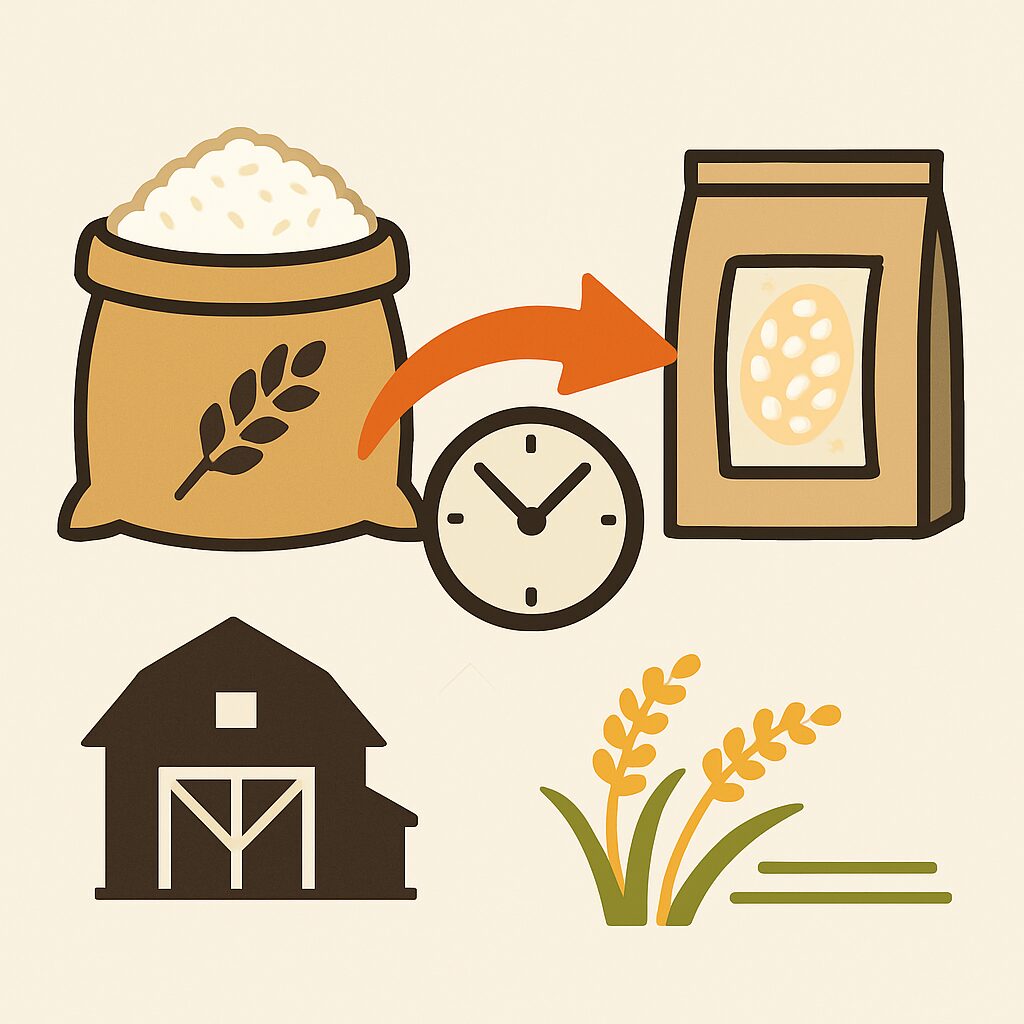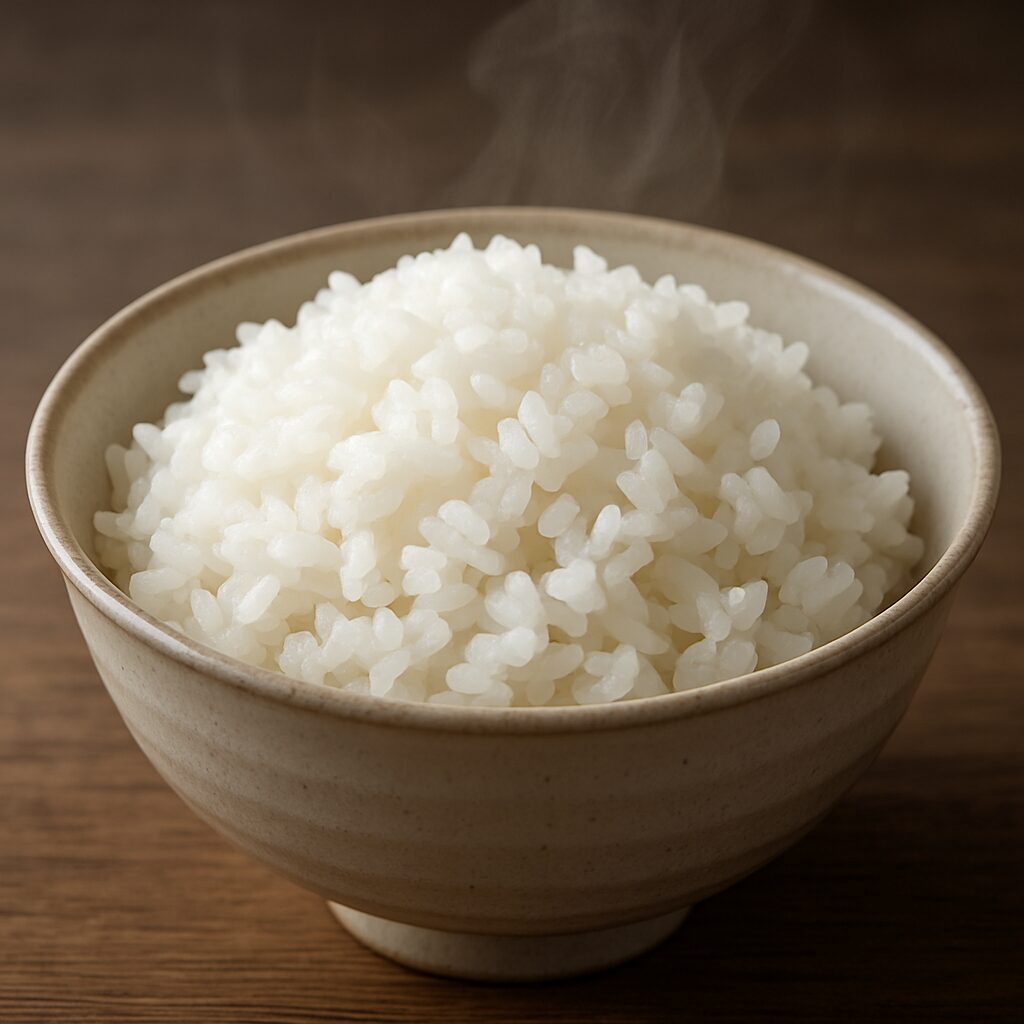Bichikumai-meaning

Bichikumai-meaning
Why “Bichikumai” is Making Headlines in Japan: A Look at the Nation’s Rice Crisis
Japan, a nation where rice is not just a staple but a cultural cornerstone, is currently grappling with an unusual “rice crisis.” And at the heart of this discussion is a word you’ll hear frequently on Japanese news: “bichikumai” (備蓄米).
So, what exactly is bichikumai, and why is it dominating conversations across the archipelago?
What is “Bichikumai”?
“Bichikumai” literally translates to “stockpiled rice” or “reserved rice.” This refers to the government’s strategic reserves of rice, held to ensure food security in times of emergency, such as natural disasters or severe crop failures. Japan experienced a significant “rice riot” in 1918 and a “rice shortage” in the early 1990s due to a cold summer, which led to the institutionalization of this stockpiling system. The government typically purchases a certain amount of rice annually and stores it for several years, ready to be released to the market if a shortage threatens the nation’s food supply.
Why is Bichikumai in the News So Much Lately?
 In recent months, Japan has seen an unprecedented surge in rice prices, with some varieties nearly doubling in cost compared to last year. This has sparked widespread public concern and ignited a heated debate about the government’s role in stabilizing the market. Here’s a breakdown of the key factors contributing to the “bichikumai” buzz:
In recent months, Japan has seen an unprecedented surge in rice prices, with some varieties nearly doubling in cost compared to last year. This has sparked widespread public concern and ignited a heated debate about the government’s role in stabilizing the market. Here’s a breakdown of the key factors contributing to the “bichikumai” buzz:
-
Soaring Rice Prices and Supply Shortages: The most immediate reason is the dramatic increase in the retail price of rice. Several factors have contributed to this:
- Poor Harvests: An unusually hot summer in 2023 led to a less-than-ideal rice harvest, impacting yields and quality.
- Increased Demand: A surge in inbound tourism has boosted demand for rice in the hospitality sector.
- Panic Buying: Rumors of a potential mega-earthquake off Japan’s Pacific coast have reportedly triggered some panic buying among consumers, further tightening supply.
- Underlying Agricultural Policy: Critics argue that decades of government policy focused on tightly controlling rice production and prioritizing institutional interests over national food security have left the country ill-prepared for demand surges. Production caps, while aimed at price stability and farmer support, have limited the country’s ability to respond to unexpected fluctuations.
-
Calls for Government Intervention: As prices climbed, there has been increasing public pressure, particularly from local leaders like Osaka Governor Hirofumi Yoshimura, for the government to release its bichikumai to alleviate the burden on consumers. The argument is simple: if rice is scarce and expensive in supermarkets, why let the government’s reserves sit idle?
-
Government’s Initial Hesitation and Policy Shift: The Ministry of Agriculture, Forestry and Fisheries (MAFF) initially hesitated to release large quantities of bichikumai, citing concerns about impacting the private rice market and potential price collapse if too much is released at once. There are established rules and bureaucratic processes for releasing these reserves, typically triggered by national emergency surveys and ministerial decisions. However, faced with mounting public discontent and political pressure ahead of upcoming elections, the government has begun to shift its approach.
-
Direct Sales and Price Targets: In a significant policy shift, the government has started releasing a substantial amount of bichikumai through direct contracts with retailers, bypassing the usual auction process and traditional supply chains. This aims to bring cheaper rice to consumers more quickly. Major supermarket chains and discount stores have begun selling this stockpiled rice at significantly lower prices (around ¥2,000 for a 5kg bag, compared to market averages of ¥4,200 or more). Agriculture Minister Shinjiro Koizumi has publicly stated a target of reducing prices to around ¥2,000 per 5kg by early June.
-
Political Fallout and Public Sentiment: The rice crisis has become a highly charged political issue. The high cost of living, coupled with an agriculture minister who resigned after an insensitive remark about receiving free rice, has fueled public dissatisfaction with the ruling government. The ongoing debate over bichikumai highlights the delicate balance between protecting domestic farmers, ensuring food security, and addressing consumer affordability.
In essence, “bichikumai” has become a symbol of Japan’s current economic anxieties and the government’s efforts to navigate a complex food supply situation. While the immediate focus is on bringing down prices and ensuring stable access to this fundamental grain, the broader conversation touches upon long-standing agricultural policies and the country’s resilience in the face of unexpected challenges. As more stockpiled rice hits the shelves, the coming weeks will reveal the true impact of these measures on the market and on the everyday lives of Japanese consumers.










